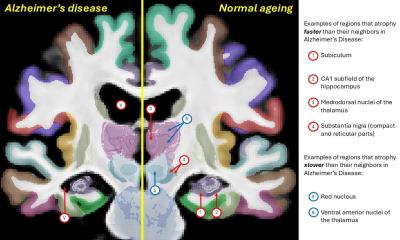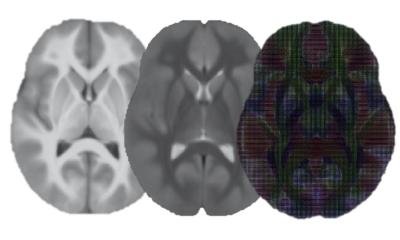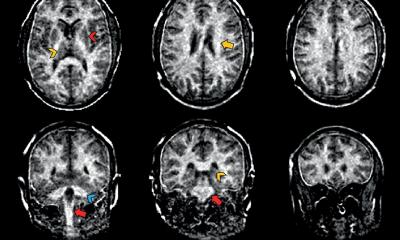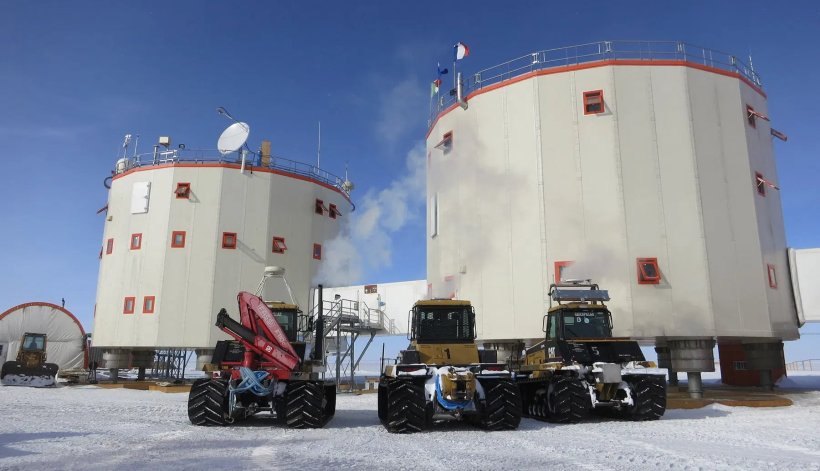
Image source: LMU; © IPEV/PNRA/PzE
News • New frontiers in imaging
First MRI in Antarctica to study brains in space
Prof Peter zu Eulenburg from the Institute of Neuroradiology at the LMU Hospital in Munich, in collaboration with French and Italian polar researchers, has put the first mobile magnetic resonance imaging (MRI) scanner for the entire continent into operation at the Antarctic station Concordia.
As part of a scientific project organised by the European Space Agency (ESA), the scanner is being used to investigate the long-term effects of social isolation, altitude adaptation and the duration of daylight on the human brain. The aim of the project, which is realized in collaboration with colleagues from South Wales (Prof Damian Bailey), is to observe the brain structure of 14 European scientists and technicians during an Antarctic wintering on the French-Italian polar station Concordia.
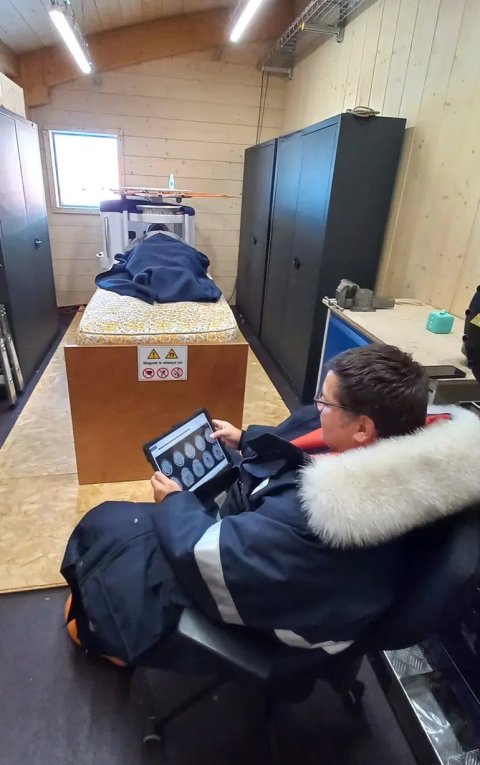
Image source: LMU; © IPEV/PNRA/PzE
After a pilot phase at LMU Klinikum, the baseline measurement of the test subjects was carried out at the European astronaut training centre, DLR Envihab in Cologne-Bonn, using an ultra-low-field MRI from manufacturer Hyperfine. A few months ago, the compact MRI was transported from Cologne to Christchurch (New Zealand) via Singapore in a customised transport crate. The subsequent eight-hour intercontinental flight to the coast of Antarctica was then carried out by an Italian Air Force transport aircraft. Due to the extreme climatic conditions, the final 1,000 km flight to the Dome C plateau was carried out by a Basler BT-67 aircraft.
‘This is certainly the most logistically complex and nerve-wracking MRI study of my career to date,’ says Prof. zu Eulenburg, Professor of Neuroimaging at the Institute of Neuroradiology and the German Vertigo Centre at the LMU Hospital in Munich. ‘The transport risks, especially on the last section from the Italian coastal station Mario-Zucchelli to the interior of Antarctica, were considerable. The electrical commissioning was not easy due to the cold (-40°C in summer, -80°C in winter) and the insulating, kilometre-thick ice sheet underneath the station. Fortunately, everything has gone well so far, especially thanks to the great support from colleagues from the Italian Antarctic programme ENEA and the French polar institute IPEV.’
The project is funded by the German Aerospace Agency and aims to investigate the effects of long-term social isolation on the human brain using the example of the Antarctic winter-dwellers. Nicknamed 'white Mars', Concordia Station is located 3,233 metres above sea level - a special location, which also allows the simultaneous investigation of two other phenomena: the brain's adaptation to altitude in the event of a lack of oxygen and the influence of daylight hours on brain structure. At the Concordia station, the sun sets at the beginning of May due to its proximity to the South Pole and only rises again at the beginning of August after almost three months of total darkness.
With the current study on this special ESA platform for analogue environments to space, the effects of social isolation can now hopefully be successfully distinguished from the effects of weightlessness for the first time. ‘Initial findings suggest that the brain goes into a kind of resting state when there is a prolonged absence of daylight,’ says Peter zu Eulenburg. ‘Shortly before this, however, the brain apparently disposes of a lot of protein waste. The analyses will have to show exactly what happens.’ The last measurement of the study is scheduled for May 2025. Further trips for the mobile MRI, as well as use at the hospital, are already being planned.
Prof. zu Eulenburg's research group has been investigating the effects of a long-term mission on board the International Space Station (ISS) on the brains of astronauts for years at the hospital in close collaboration with Prof. Alexander Choukér (Anaesthesiology). The first review of this research was recently published in the journal Lancet Neurology.
Source: LMU Klinikum
24.10.2024



